HRW questions grounds for Saudi mass arrests
Human Rights Watch has brought into question Saudi Arabia’s recent detention campaign that netted 298 government officials over alleged malpractice, warning Riyadh against violating the arrestees’ rights and urging it to publicize the circumstances of their detentions.
A Saudi anti-corruption body known as Nazaha announced on Sunday that it had arrested the officials for crimes such as bribery, embezzlement, and abuse of power involving a total of 379 million riyals ($101 million).
“The fight against corruption is no excuse for flagrant due process violations and preventing people from mounting an adequate defense,” the New York-based body cited Michael Page, its deputy Middle East director, on Tuesday as saying.
“Saudi authorities are declaring that they want to take on the scourge of corruption, but the right way to do that is through diligent and fair judicial investigations against actual wrongdoing, not sensationalistic mass arrests without due process,” Page said.
The organization reminded that the right not to be arbitrarily detained was enshrined in the international human rights law, raising suspicion about the reason for the arrests.
Therefore, it noted, Saudi authorities have to immediately reveal “the legal and evidentiary basis” for each person’s detention.
Crown Prince Mohammad bin Salman heads the country’s anti-corruption committee, meaning that all such moves must go underway with his approval. Bin Salman, who has ordered group arrests of senior officials and royals on several occasions in the past, is accused of trying to stamp out dissent and pave the way for his accession to power through such measures.
The HRW took serious exception to a similar so-called corruption crackdown in November 2017 that ensnared dozens of prominent businessmen, royal family members, and current and former government officials. It said the detainees’ had been subjected to “flagrant” rights abuses during the push.
They were held for three months at the Ritz Carlton Hotel in Riyadh, during which the authorities pressured them to hand over assets to the state in exchange for their release.
The method of coercion, the body noted, was “outside of any recognizable legal process.” It cited a 2018 New York Times’ report, which had said Saudi authorities used physical abuse to force detainees to give up their assets to the point that at least 17 of them ended up requiring hospitalization.
The HRW said some of those arrested in 2017 remained in detention due to their refusal to agree to the state’s terms. Those who had been released remained under close watch, it added, citing an informed source.
Earlier in March, it was reported that the crown prince had gone on a new purge of Saudi royals to lay the groundwork for his succession.
The London-based Middle East Eye news outlet later reported, citing sources, that bin Salman was trying to become king before a G20 Summit planned for November in the Saudi capital, which he intends to use as a stage for his succession.
According to the MEE, bin Salman would not wait for his father King Salman to die. Instead, the crown prince would force the monarch, who suffers from dementia, to abdicate.
VIDEO | Beirut’s southern suburbs targeted in 'heavy' Israeli strikes
Haaretz: Over 10,000 Israelis have migrated to Canada this year
VIDEO | Press TV's news headlines
Official: Iran to respond ‘decisively’ to any threat to its nuclear program
Nearly 70 Mossad-linked terrorists killed or captured in southeast Iran
What collapse of German coalition government means
Iran, Syria emphasize need to stop Israeli atrocities in Gaza, Lebanon
Clinton whisked away amid pro-Palestine protest at Belfast university


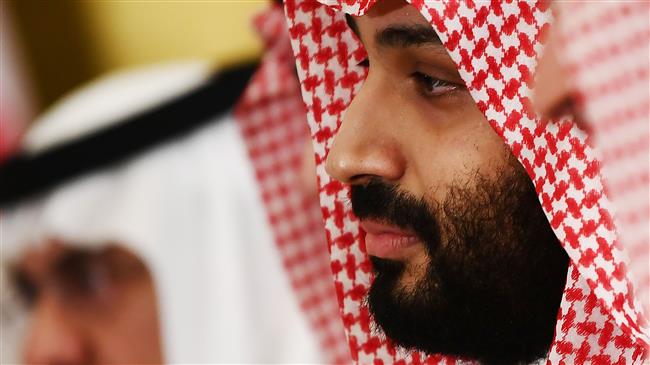


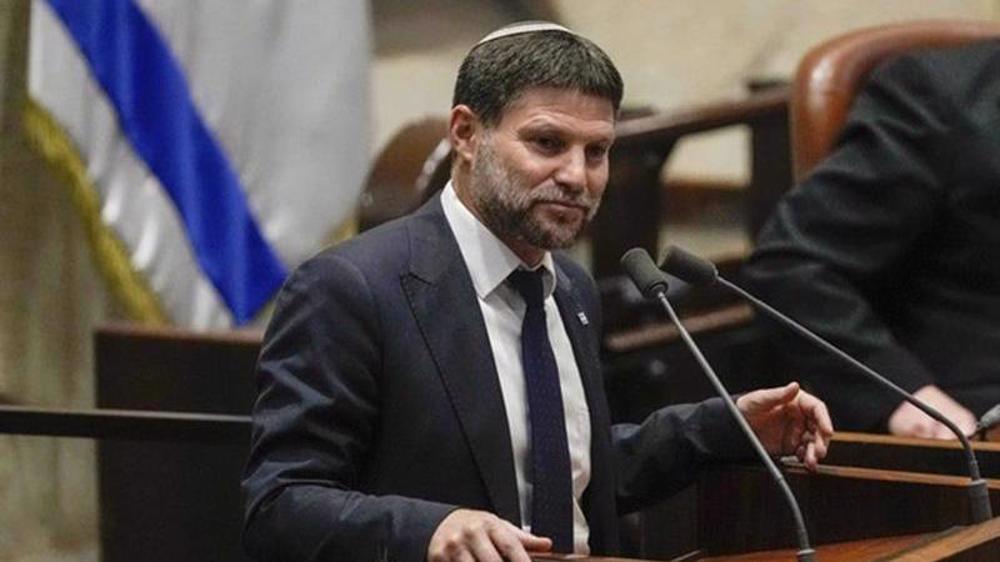
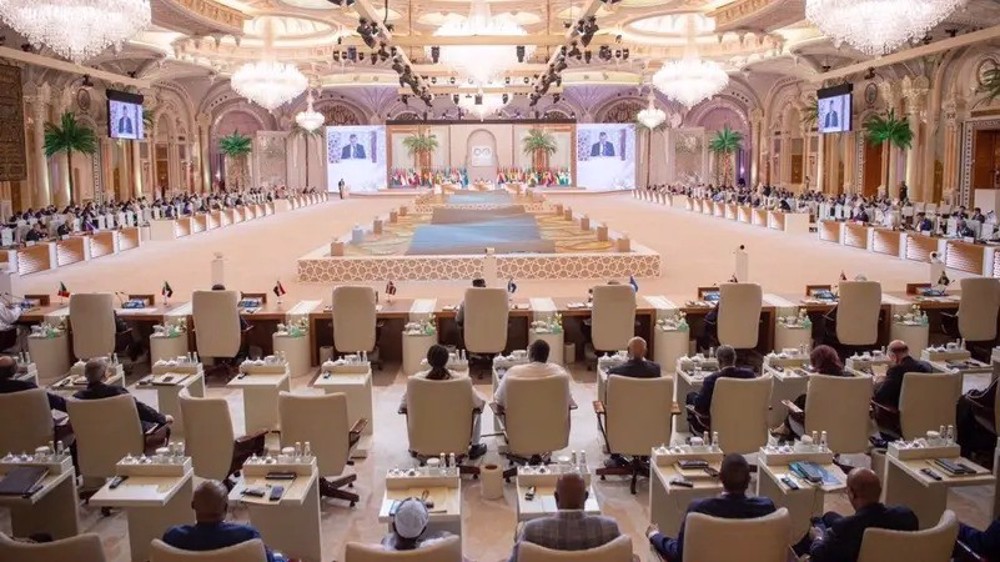
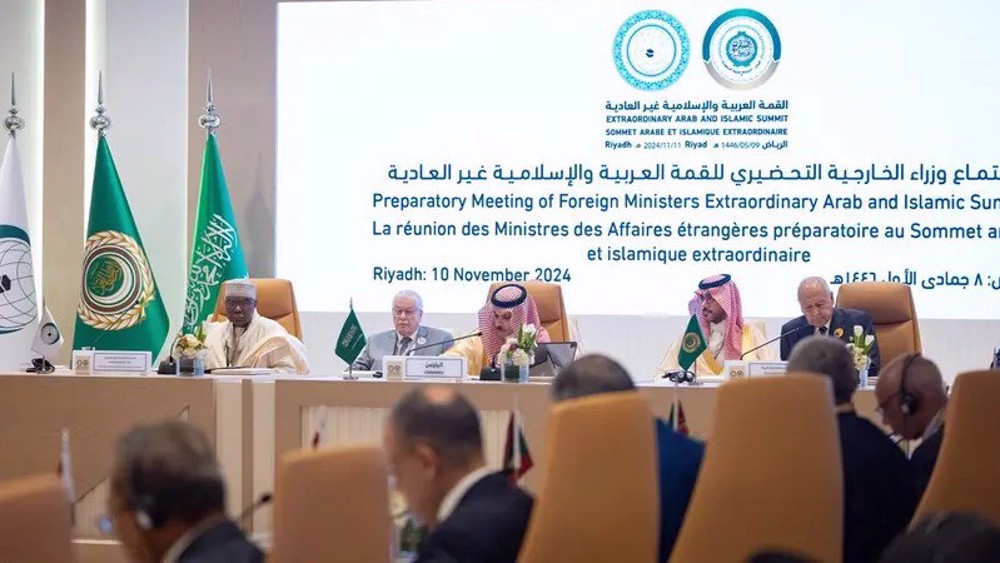



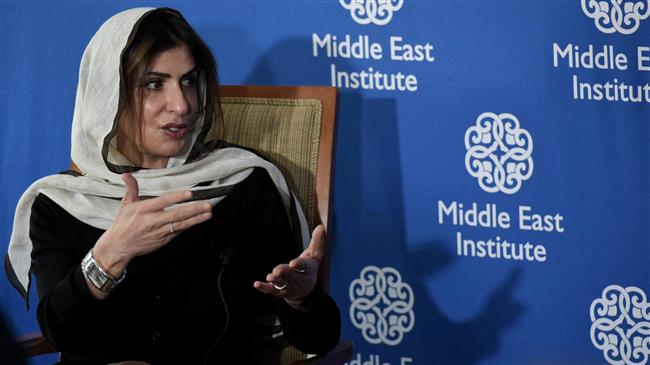
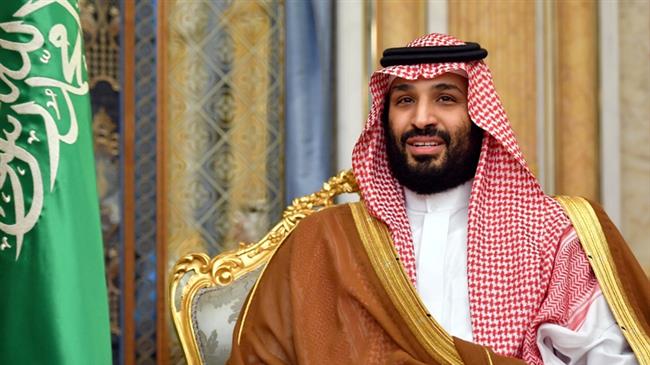
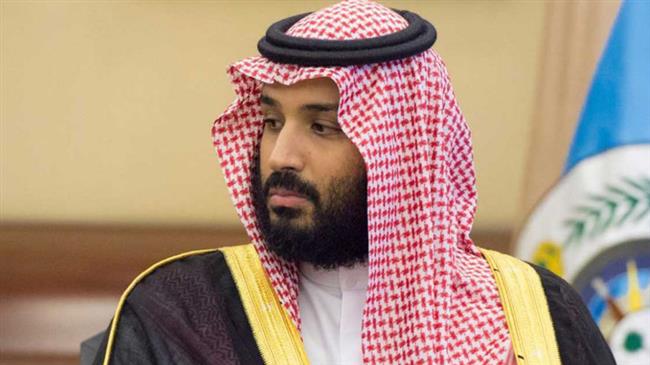

 This makes it easy to access the Press TV website
This makes it easy to access the Press TV website